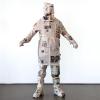Search Results
Showing results 1 to 20 of 22
Measuring Rules
Source Institutions
In this math activity, learners create their own units of measurement by making noodle rulers. Learners practice estimating and measuring objects using the noodle rulers .
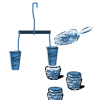
A Question of Balance
Source Institutions
In this activity, learners explore how engineers use scales and measures when designing a manufacturing process to ensure that final products are uniform in weight or count.
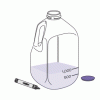
Lungometer
Source Institutions
In this environmental health activity, learners investigate their own vital lung capacities.
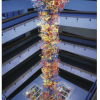
A Towering Achievement
Source Institutions
In this experience, learners use the internet to research physical details about Chihuly's Fireworks of Glass "Tower" and "Ceiling" and consider the decisions Chihuly had to make as he was planning th

Measure the Pressure II: The "Dry" Barometer
Source Institutions
In this activity, learners use simple items to construct a device for indicating air pressure changes.
Making Rivers
Source Institutions
In this outdoor water activity, learners explore how to change the direction of water flow. Learners make puddles in dirt or use existing puddles and sticks to make water flow.
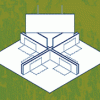
Four Corners
Source Institutions
In this design challenge activity, learners build a machine out of cardboard that runs smoothly and dependably. Learners must be precise to make sure their component works properly.
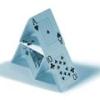
Critical Load
Source Institutions
In this activity, learners explore the concepts of structural engineering and how to measure the critical load, or the maximum weight a structure can bear.
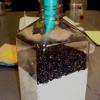
Earth Atmosphere Composition
Source Institutions
In this activity, learners use rice grains to model the composition of the atmosphere of the Earth today and in 1880. Learners assemble the model while measuring percentages.
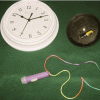
Can Energy be Created or Destroyed?
Source Institutions
In this activity, learners explore conservation of energy by experimenting with a solar cell light device.
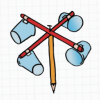
Twirling in the Breeze
Source Institutions
In this engineering activity, learners build a device (an anemometer) to measure how fast the wind is blowing.
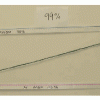
Atmosphere Composition Model
Source Institutions
In this activity, learners create a model using metric measuring tapes and atmosphere composition data.
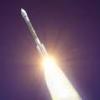
Push It Out
Source Institutions
In this physics related activity which requires adult supervision, learners make their own powerful water rocket and, with it, explore Newton's Third Law of Motion.
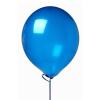
Up, Up, and Away
Source Institutions
In this math lesson, learners explore the real world meaning of slope. Learners conduct a balloon experiment in which they measure the circumference and flight time of deflating balloons.
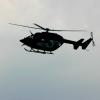
Round & Round
Source Institutions
In this activity, learners make and test fly paper helicopters. Learners use templates to create paper helicopters and then take take turns flying them in the air.
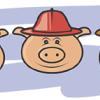
Three Little Pigs
Source Institutions
In this activity, leaners explore building techniques by recreating the story of The Three Little Pigs.

Temperature Tactics
Source Institutions
In this activity, learners explore the devices used over time to measure changes in temperature.
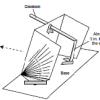
Using a Sundial
Source Institutions
In this activity (on page 12 of the PDF), learners make a sundial (shadow clock) appropriate for their geographic location in the northern hemisphere and use it to tell time.

Measure the Pressure: The "Wet" Barometer
Source Institutions
In this activity, learners use simple items to construct a device for indicating air pressure changes.

